The PUMP Act
Working with expectant and new parents over the years, we’ve seen some progress and some setbacks regarding breastfeeding support. It’s good to focus on actions that will provide practical, positive support for families.
This is why we support the PUMP Act. PUMP stands for Providing Urgent Maternal Protections. This law would reinforce and improve upon previous federal laws.
The United States Breastfeeding Coalition reported that “On October 22, 2021, the House version of the PUMP Act (H.R. 3110) was passed with a strong, bipartisan vote of 276-149. In June 2022, the PUMP Act was brought to the Senate floor with a request to pass the bill via unanimous consent. There was an objection on the floor and the bill did not pass that day, but negotiations have continued in earnest.”
Negotiation is the key point. Passage of this bill is important to the business of work and family. Read this review, learn what the bill entails, and send an email to your senator.
Contact your U.S. Senators. You can use this form, or write your own email urging them to support this strong legislation. You can find contact info for Maine’s Senators here: Angus King and Susan Collins. Not from Maine? Find your Senator here.
In 1993, when the Family and Medical Leave Act (FMLA) was passed, it was a start. However, many families received little or no benefit from this. For example, the FMLA did not apply to non-salaried workers, those who are paid hourly.
In 2010, when the Break Time for Nursing Mothers law was passed, it did apply to non-salaried workers. It required break time and a space to pump that is not a bathroom. However, defining ‘break time’ was unclear and there was little enforcement for inadequate spaces for pumping breaks. The PUMP act is designed to remedy these gaps and provides a way for employees to hold employers accountable if they do not comply with this law.
The PUMP Act more clearly defines paid time and unpaid time for pumping. For example, a teacher who is grading papers while pumping is working, not taking a break. Employers will be required to pay employees time spent pumping if they are also working.
It defines private, clean space. For example, an office with a door that doesn’t lock does not qualify even though it is not a bathroom. It seems obvious though these are the gaps that undermine employee support.
The PUMP Act makes these requirements more enforceable. Employers will be notified if they are not in compliance and will be allowed 10 days to comply once notified.
In 2019, there were two notable, high award cases for women who were not granted their right to pump. I applaud the women and their lawyers who took that to court and won. That’s a lot of effort, time and money for what is a right. Autumn Lampkins, a defendant in one of these lawsuits, said that because of the harassment, she switched to formula sooner than she had wanted to do.
The PUMP Act extends this legal protection for two years, up from one year of the FMLA. That’s an important mark. As of July 2022, the AAP recommends babies receive breast milk for two years. The PUMP Act makes it more possible.
Send an email to your senator whether or not you live in Maine. This law would apply to all families throughout the United States.
Family care needs to be understood much better. Parents at work are still parents, connected to their child throughout the workday. Providing breast milk is a normal part of childcare and is an important aspect of employee health. We’re advocating for healthy families. Passage of the PUMP Act is the progress we’d like to see.
Resources
